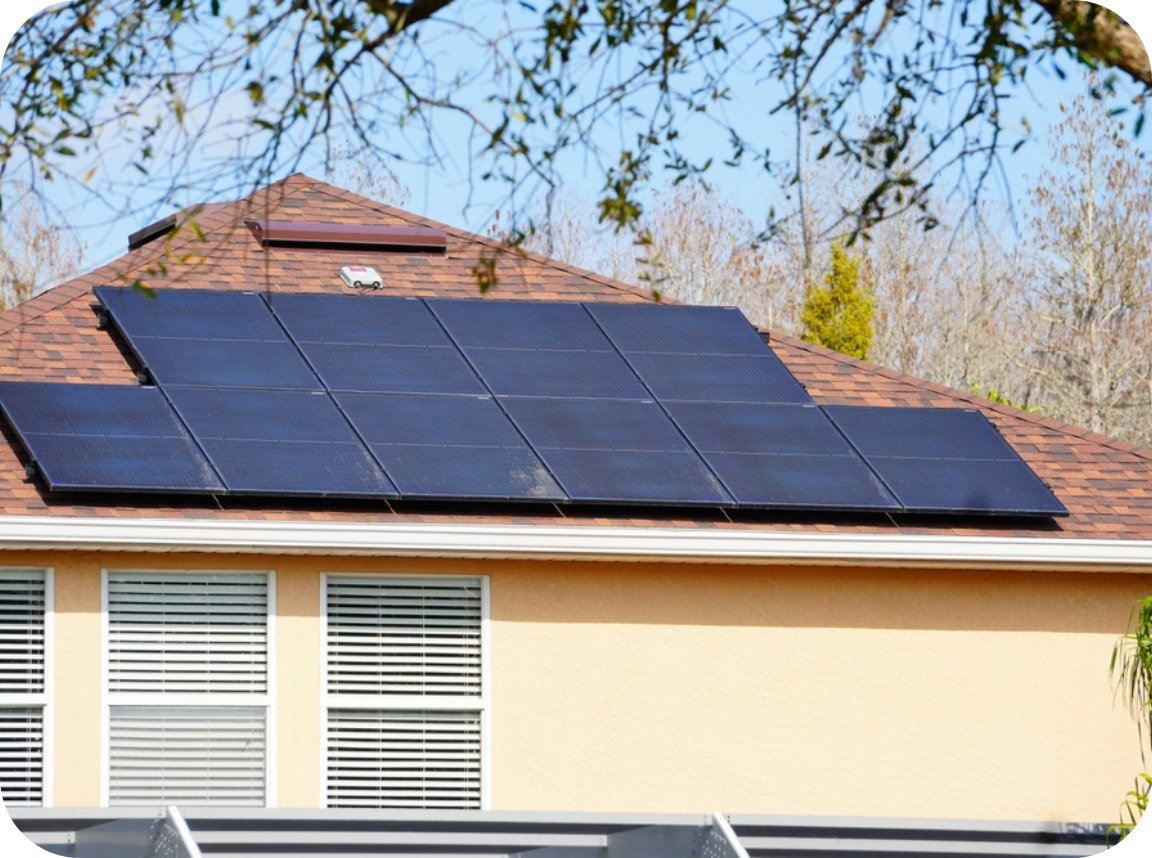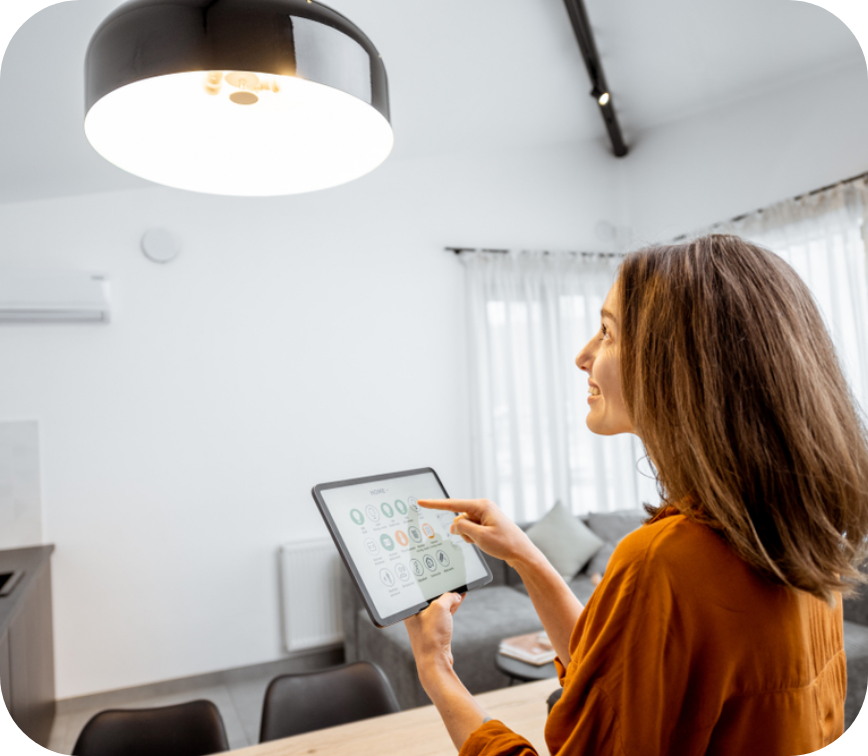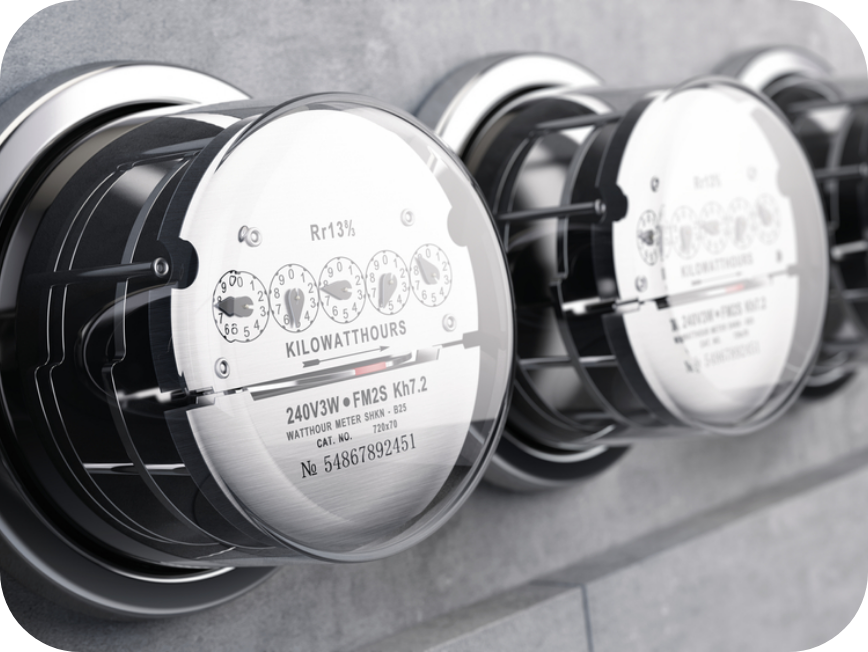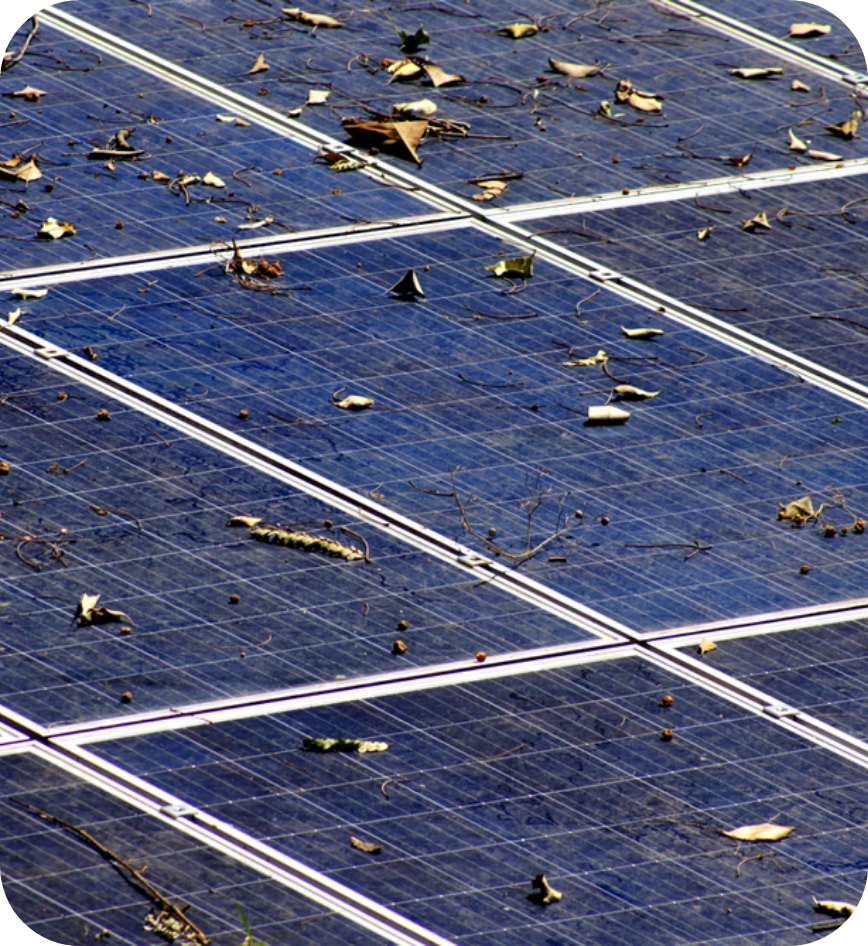How Do I Know if My Solar Panels Are Working?
Do you have a home solar system and wonder, “How do I know if my solar panels are working?” Well, you’re not alone. Whether you have an older system or are a new solar consumer, it can be challenging to determine if your solar panels are doing what they are supposed to, especially when these systems operate quietly.
Read on to discover how to know if solar panels are working and what you can try if they aren’t.

How to Check if My Solar Panels Are Working
While home solar panels are typically a hands-off system, you may wonder if your solar panels are actually working when you don’t need to do much with them. However, checking on your solar panels regularly is a good idea to ensure they are working properly and haven’t sustained any damage.
So, how do you know if solar panels are working? Here are a few easy ways to check the functionality of your solar panels.

Inspect Your Solar Inverter
If your solar system stops working, it is often caused by a problem with the solar inverter. These are located underneath your solar panels and usually have a status light to indicate system performance: green is good, orange is a potential issue, and flashing red is a significant problem.
Many newer solar panel systems are connected to a monitoring app to make it easier to check on your panels if you suspect something is wrong. You’ll get alerts through the app about your system status or any possible problems that may arise. This app is also a great way to monitor your system’s energy production, which is another way to check if your solar panels are working properly.
Examine Your Electric Meter
Every house has an electric meter that tracks how much electricity from the grid is consumed on the property. When you have solar panels, they should produce most — if not all — of your energy needs, meaning your electric meter should show low consumption.
If you suspect your solar panels may not be working as they should, look at your electric meter on a clear, sunny day. If it shows that you are pulling more electricity from the grid than it should, this could indicate a problem with one or more of your solar panels.


Inspect Your Electric Bill
If you’re wondering how to know if solar panels are working, look at your electric bill. Switching to solar energy may help lower your electric costs, so one way to determine if your panels are doing their job is to compare your bill month over month.
Remember that solar panels may not automatically lower your electricity bill, so this might not be the most effective way to determine if your panels are working properly. In this case, you should contact your solar company so they can check the system for you.
Look at the Weather
Solar panels need direct sunlight to produce the energy needed for your home, so many people believe panels won’t work during inclement weather. However, solar panels can still produce energy on cloudy days as UV rays come through the clouds, though the amount produced is lower — by about 10% – 30% — due to less sunlight.
Your panels will still work at a lower production rate during a rainstorm, and they’ll get cleaned at the same time! Although, if it is snowing, any snow accumulation on top of the panels may prevent sunlight from getting through until the snow melts or slides off.
If you’re worried that your solar panels aren’t working properly, look at recent weather trends in your area to see if your system may produce less energy due to cloudy, rainy, or snowy days.

Check for and Remove Any Obstructions
Since solar panels need direct sunlight to work properly, it makes sense that any obstructions, including debris, dirt, or new shadows from trees, inhibit the efficacy of your solar panels. So, if you’re worried that your panels aren’t working correctly or as efficiently as they should, check for — and remove — any obstructions.
Taking care of these issues is an easy way to ensure your solar panels can work properly.
What Should I Do if My Panels Are Not Working?
If you are thinking, “How do I know if my solar panels are working,” or find that they are underperforming or broken, you could try a few ways to get things running again.
Visually inspect your solar panels.
If they aren’t dirty, as mentioned above, look for any damage to the frame or cracks in the panel. From there, see if there are any loose wires or anything that appears to be out of place. If you find any of these issues, it’s best not to address them yourself, as it could cause further problems.
Restart your Inverter
This is done by flipping the fuse connected to the inverter and leaving it off overnight to give the system enough time to discharge. When you flip it back on in the morning, it should have reset the system, and your solar panels should be working correctly again.
Contact Your Solar Company
Your best — and easiest — option is to contact your solar company directly; they should be able to check the functionality of your panels remotely. If they find that your panels are underperforming, or even if they don’t, a solar advisor will come to your home to inspect your system in person. An experienced solar company, like Axia Solar, can diagnose and address any problems to ensure your system is up and running again in no time.
Take Time to Make Sure Your Solar Panels Are Working Correctly
You switched to solar energy for several reasons, including sustainability and potential cost-saving benefits. To ensure that you are getting the most out of your solar investment, you want to know your panels are functioning as they should. And now that you know how to check if your solar panels are working properly, you can continue to reap the benefits of solar energy for years to come.
